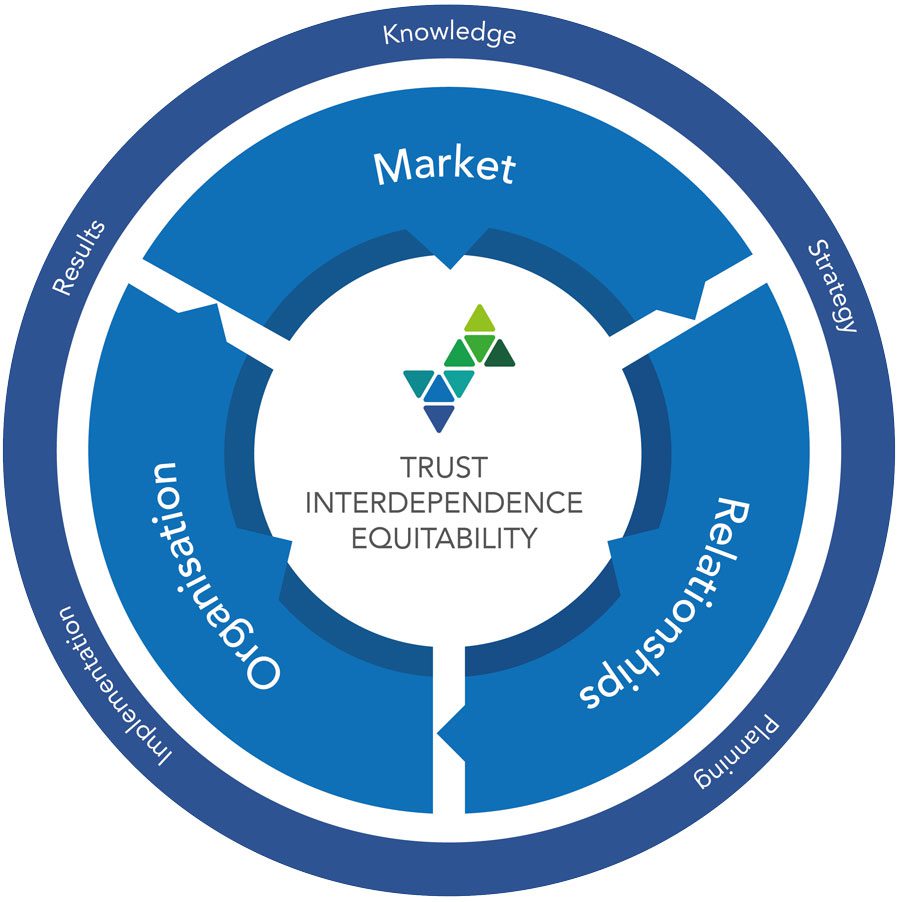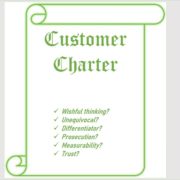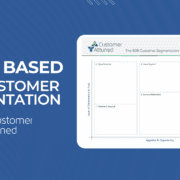How Attuned are Customer/Supplier Business Relationships in the Outsourced Services Market?
The global outsourced services market is a significant component of the B2B sector, accounting for tens of billions of revenues each year.
In essence, outsourcing is the practice of one company contracting the services of another to do something that they could directly employ staff to do themselves, but choose not to for strategic, technical, or economic reasons.
Hundreds of activities, services, and whole business processes (known as BPO) are outsourced. From a customer management perspective these all boil down into two main types:
1) Outsourced services that directly impact the customer experience e.g. sales & service contact centres, marketing & lead generation, logistics & delivery, installation & client-site maintenance, etc.
These can also be described as brands representing outsourced services because the partner isn’t just responsible for a “process” (internal speak) but for an element of the “customer journey” (outside-in thinking).
This type of outsourcing has had mixed success (e.g. offshored contact centres) – often because they are chosen for the reasons of cost efficiency without sufficient consideration of the customer impact.
2) Outsourced services that aid efficient and compliant business operations e.g. sub-assembly manufacture, warehousing, payroll/employee benefits, legal, travel, printing, catering, cleaning, security, etc.
These are mostly chosen for reasons of cost efficiency, “business focus” or technical specialism, but it must be stressed that even the humblest of these will have some indirect impact on customers.
You will note that I haven’t included IT services in either of my lists of examples, which are a major portion of the market. This is because digital transformation is increasingly joining up data and tools end-to-end, making terms like “front office” and “back office” obsolete. Make sure that the customer experience is fully considered when you make IT outsourcing decisions!
Both types of outsourced services are plainly B2B – the commercial contract is between businesses, with often very complex multi-year agreements.
They are hard to establish and hard to disentangle if things go wrong (C.F. Carillion!), so it’s vital that the best capabilities and good practices of B2B customer and partner management are applied to assure success for both parties.
 What are these best practices of B2B customer and partner management?
What are these best practices of B2B customer and partner management?
We have invested thousands of hours pulling good B2B practice together into a systemic model and approach that we call the Business Capability Builder (BCB).
It combines proven academic theory and years of practical and pragmatic experience from working in B2B.
At the heart of the model are three vital underpinning drivers of success that must be valued, protected, managed and invested in.
The most fruitful and satisfying outsourced services relationships will demonstrate exemplary levels of:
1) Trust. My colleague Mark Hollyoake is one of the world’s leading authorities in B2B trust.
He defines it as “the willingness to be vulnerable to another party and the decision to engage in actions based upon an understanding of their ability, credibility, and the expectations of mutual value exchange over time.” Make sure you never undermine trustworthiness in the relationship.
2) Interdependence. This signifies a crucial difference from just being a “supplier”! Outsourced services are interdependent by definition. Some may think that making the provider overdependent on your business is good because you can “throw your weight around” (e.g. Tesco) but this just kills trust and thwarts value creation through joint-working and co-creation of solutions to each other’s business problems.
3) Mutual Commercial Benefit (Equitability). The contract has got to work commercially over time for both parties. A big problem with outsourced services is that they soon become viewed as just a cost to be aggressively managed down for short-term profitability gains. This is disastrous if it’s directly customer impacting!
How do you go about building, managing or recovering these in outsourced services relationships?
That’s where the capability building aspect of BCB comes in. Successful businesses are well-led, joined-up and customer centric. Whether you are an outsourcer or a service provider it helps you put in place or strengthen your business capabilities to establish healthy outsource relationships that are based on trust and working together for mutual commercial benefit.
When you’ve achieved this, you can truly consider your business to be “customer attuned”!
Please get in touch if you’d like to discuss this further.
- Customer Strategy in the B2B Membership Sector - May 27, 2025
- Build a B2B Customer Strategy - May 20, 2025
- Should you implement NPS in B2B? - January 22, 2025





